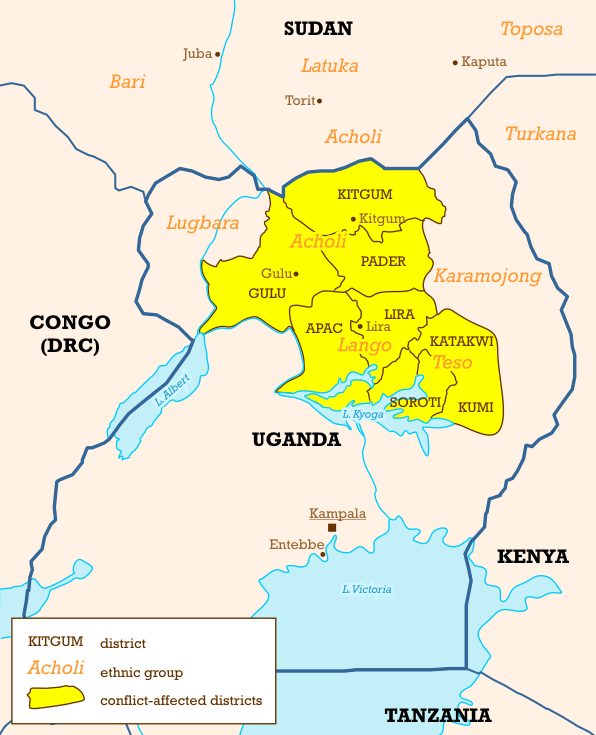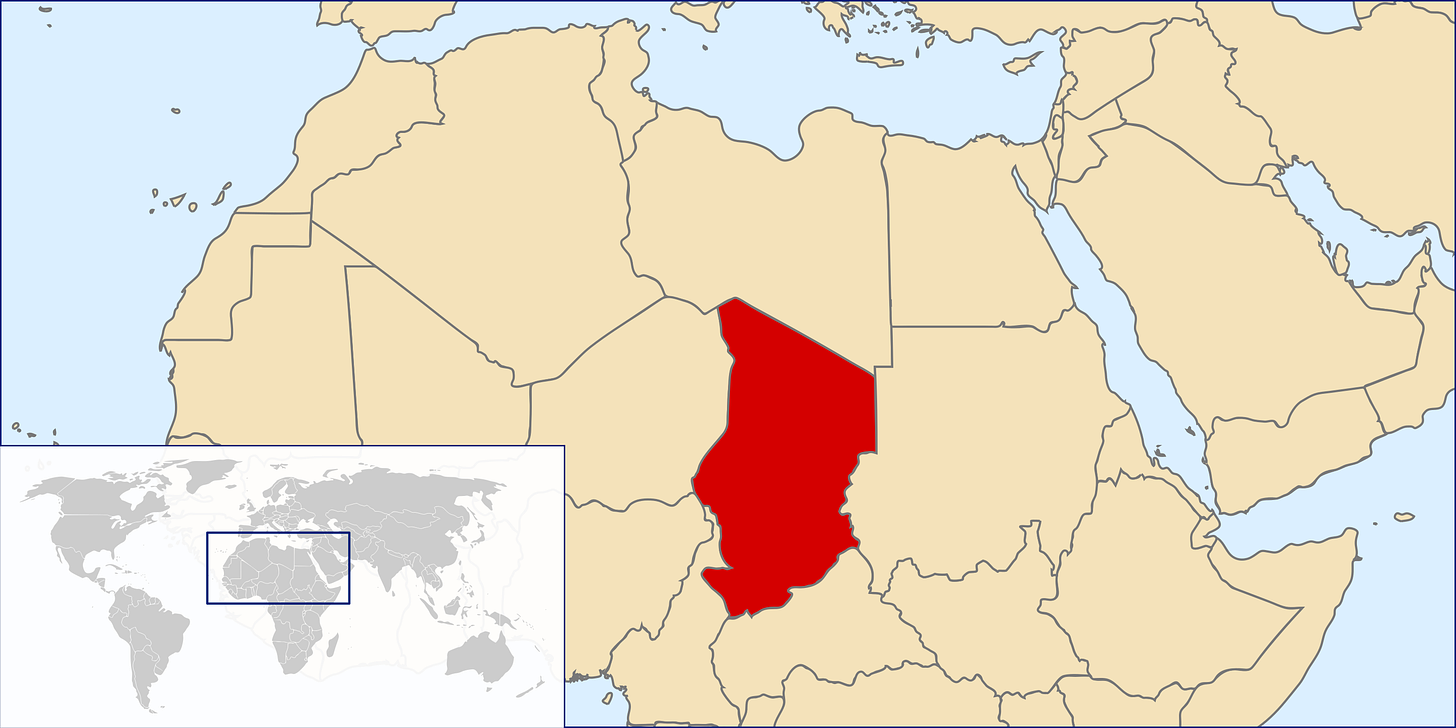🔅 Ghana's Anti-LGBTQ Law Sparks Debate & Zambia's Debt Breakthrough
Plus, Tanzania's Hydroelectric Milestone & Chad's Pre-Election Tensions
Photo of the Day

Brief & Bright: Africa's Top Five
Ghana's Bill Against LGBTQ Rights

Ghana's parliament has just passed a bill against LGBTQ communities sponsored by an alliance of religious and traditional leaders. Tagged the “Human Sexual Rights and Family Values” bill, it is one of the harshest anti-LGBTQ laws on the African continent. Those caught in the crosshairs could face prison sentences ranging from six months to up to three years for engaging in LGBTQ sexual acts. Promoters, sponsors, or supporters of LGBTQ+ activities are looking at three to five years behind bars.
Activist groups are calling on President Nana Akufo-Addo to reject the bill as it awaits his ascent. But in a nation where popular opinion is generally unfavourable to the LGBTQ+ community, and where gay sex is already under the ban of a colonial-era law—a relic that has yet to claim any prosecutorial victims—the bill's success has sparked a divisive debate.
Zambia's Debt Saga: A Light at the End of the Tunnel

Zambia has inked a game-changing deal that might just put it back on the map of financial stability. The country, drowning in a $13 billion debt sea, managed to grab a lifeline thrown by none other than China and India. As of the end of 2022, Zambia owed Chinese lenders $5.9 billion, making it the MVP of Zambia's creditor league.
President Hakainde Hichilema announced debt restructuring deals with China and India, which are the boost needed for a $1.3 billion IMF bailout program aimed at pulling Zambia out of the economic quicksand.
Tanzania's Power Move: A Hydroelectric Hustle in Heritage Haven

In a major stride towards nationwide electrification, Tanzania has flicked on the switch at the Julius Nyerere Hydropower Plant, marking a pivotal moment in its quest to light up all of its homes and businesses. But the dam is stirring up the waters of controversy for being smack dab in the middle of a U.N.-designated World Heritage Site.
While the energy and deputy prime ministers were all smiles celebrating the activation of the first turbine, conservationists were probably not popping the champagne. The dam was built on a major river in one of Africa's largest protected areas, and UNESCO might be giving Tanzania the side-eye, considering the reserve's status as a haven for diverse wildlife and habitats.
The first turbine adds 235 MW to the grid, and another turbine, scheduled to be activated next month, promises to inject some much-needed juice into Tanzania's power grid. Initiated under the watch of former President John Magufuli and carried forward by Samia Suluhu Hassan, the project is a cornerstone of Tanzania's electrification efforts. With less than half the population plugged into the grid, it's a high-stakes act of balancing ecological preservation with the pressing need for development.
Uganda's War Victims' Unprecedented Payout: Justice in the Bank
The International Criminal Court (ICC) has ruled that a $56 million payout be made on behalf of nearly 50,000 victims of Ugandan militia commander Dominic Ongwen. Ongwen, a former child soldier turned top-tier commander in the Lord's Resistance Army (LRA), has been handed the hefty bill, but there's a catch—his pockets aren't exactly overflowing with cash. So, who's picking up the tab? The ICC's Trust Fund for Victims.
The plan is to release a symbolic 750 euros per victim, alongside rehabilitation programs and memorial sites to remember the horrors and heal the wounds.
Ongwen was convicted and sentenced to 25 years behind bars in 2021 on a long list of charges, including rape, murder, and child abduction, to name a few.
The backdrop to this saga is the LRA's reign of terror in Uganda, led by the elusive Joseph Kony. For nearly two decades, Kony and his gang brought nightmares to life in northern Uganda and beyond, leaving a trail of destruction that's still being cleaned up.
Tragedy in Chad
Yaya Dillo, not just a critic of Chad's military ruler Mahamat Déby but also his cousin, was killed yesterday in a shootout at his party's HQ. Dillo, who fancied himself as the primary challenger in Chad's presidential elections slated for May 6th, was the leading man of the Socialist Party Without Borders (PSF). That is until he was accused of an attack against the country's security forces earlier this week—a claim he robustly denied. Requests for him to ‘surrender or else’ ended in a "shootout at the PSF corral," leading to his demise and the loss of 12 others.
Chad's internet and mobile networks have been cut amid this chaos, leaving Chadians more in the dark than usual. This digital ghost town only added to the confusion and uncertainty about the coming days, including the upcoming elections, which were supposed to be Chad's golden ticket back to constitutional rule.
Food for Thought
“A doctor who invoked a storm on his people cannot prevent his house from destruction."
— Nigerian Proverb





In your quote, do you mean a native doctor? Because I don’t know which other kind of doctor invokes storms. Please check sources!